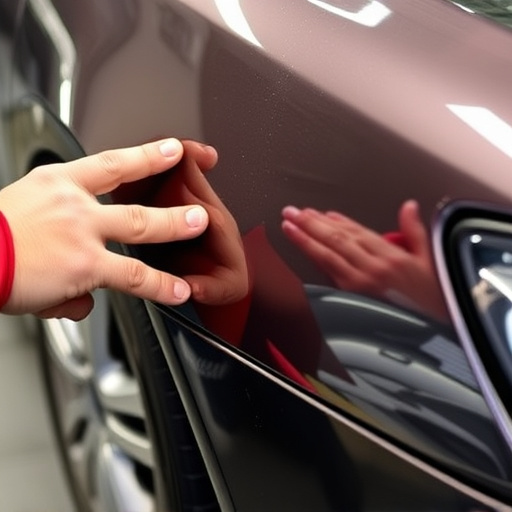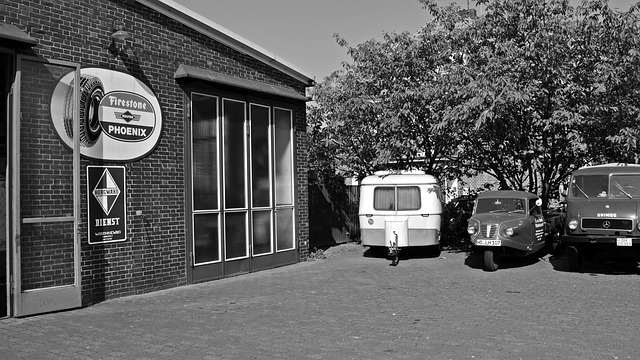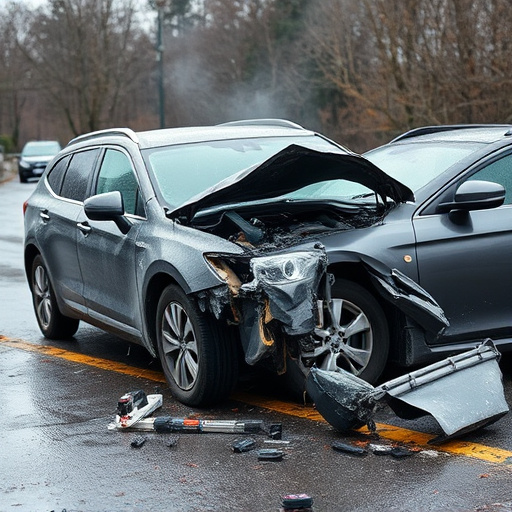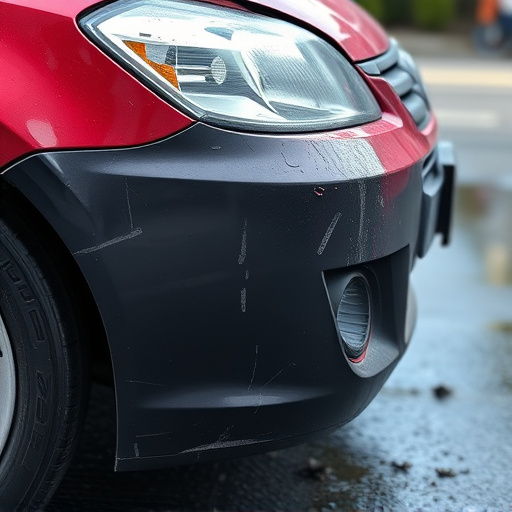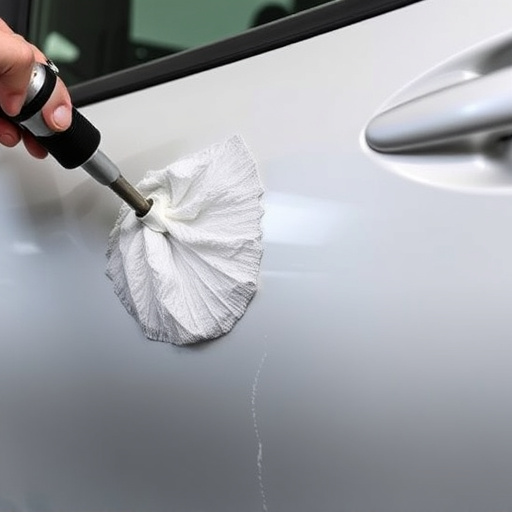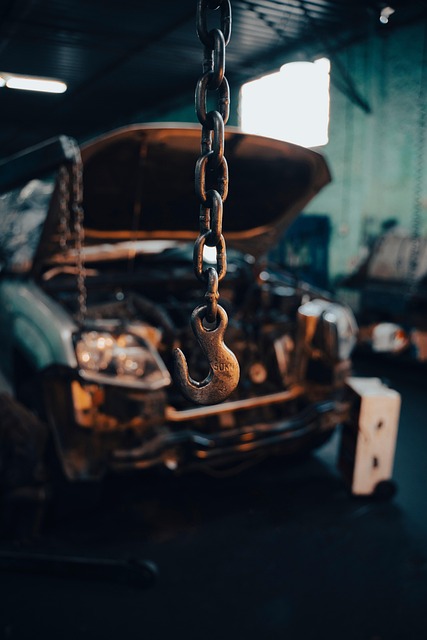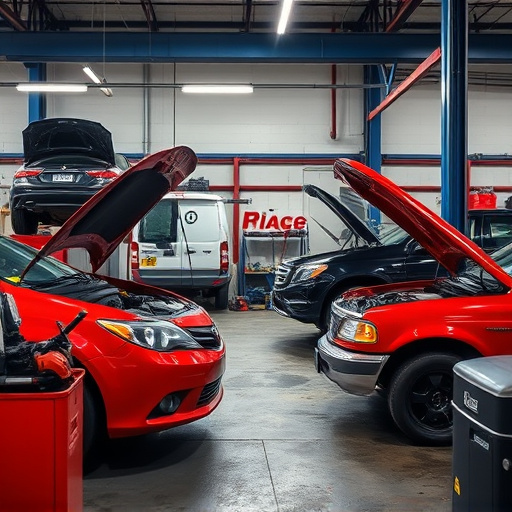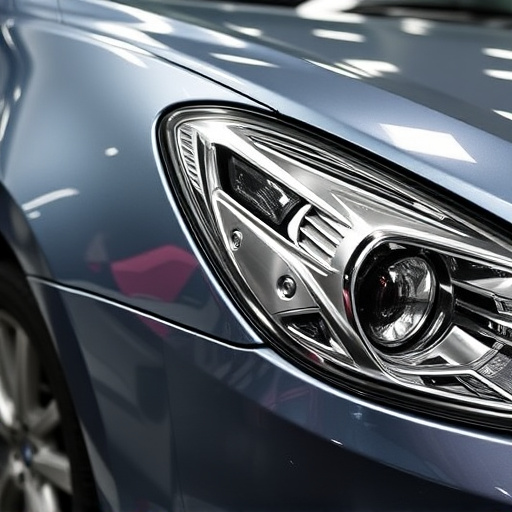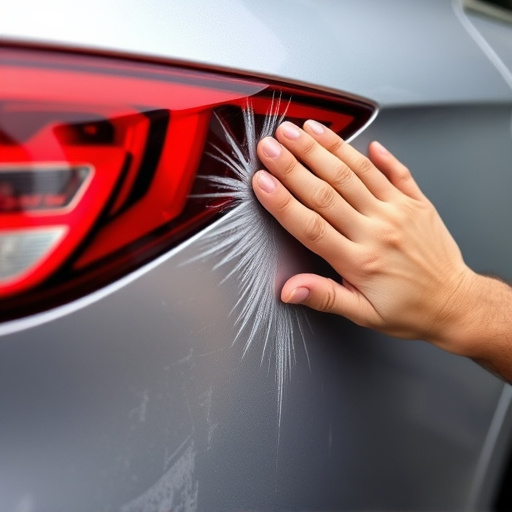Professional auto body shops are transitioning to sustainable materials and practices to minimize environmental impact. This includes using recycled and biodegradable parts, low-VOC paints, and eco-friendly adhesives, along with custom orders for recycled metal and plastic components. Efficient waste management through recycling and repurposing further reduces environmental harm and costs. Green initiatives like renewable energy sources, advanced technology, and automated systems enhance sustainability and meet the demand for eco-friendly professional auto body shop services.
In today’s eco-conscious world, even professional auto body shops can embrace sustainable practices. This article explores three key areas where top-tier mechanics can lead by example: using eco-friendly materials to reduce environmental impact (Sustainable Materials), implementing efficient waste management systems for minimal trash (Efficient Waste Management), and leveraging green energy and technology to power operations responsibly (Green Energy and Technology). By adopting these practices, professional auto body shops can contribute to a greener future.
- Sustainable Materials: Choosing Eco-Conscious Options
- Efficient Waste Management: Minimizing Auto Body Shop Trash
- Green Energy and Technology: Powering a Professional Shop Responsibly
Sustainable Materials: Choosing Eco-Conscious Options
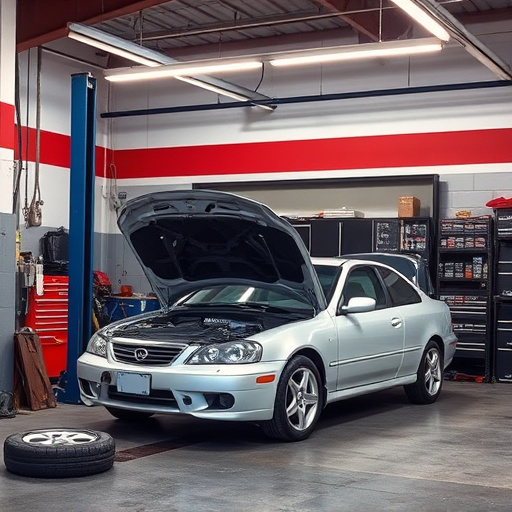
In a professional auto body shop, making the switch to sustainable materials is more than just a trend; it’s an essential step toward minimizing the environmental impact of car damage repair and Mercedes Benz collision repair processes. By choosing eco-conscious options, shops can significantly reduce waste and pollution associated with traditional automotive parts. This shift includes selecting recycled or biodegradable materials for body panels, paint, and even packaging. For instance, many leading auto body shops now offer custom orders for recycled metal and plastic components, ensuring that each Mercedes Benz repair is not just of the highest quality but also environmentally friendly.
Beyond raw materials, the use of low-VOC (volatile organic compound) paints and eco-friendly adhesives further contributes to a greener workshop environment during Mercedes Benz collision repair processes. These products not only reduce air pollution but also create a healthier workspace for employees, which is crucial given the precise and meticulous nature of auto body work. By adopting such sustainable materials and practices, professional auto body shops can prove their commitment to eco-friendly principles while catering to clients who prioritize environmental responsibility in their car damage repair choices.
Efficient Waste Management: Minimizing Auto Body Shop Trash
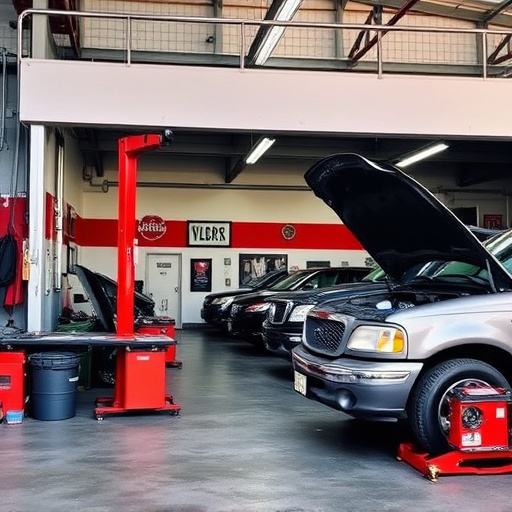
In a professional auto body shop, efficient waste management is a cornerstone of eco-friendly practices. By minimizing trash generated during auto body repairs and vehicle body repair processes, shops can significantly reduce their environmental impact. This involves implementing proper recycling programs for materials like metal, plastic, and glass, ensuring that even components from auto glass replacement contribute to a circular economy. For instance, recycled auto parts can be remanufactured into new items, cutting down on the need for raw materials and reducing waste further.
Additionally, professional auto body shops should focus on repurposing and reusing materials where possible. This includes using reusable containers, minimizing single-use disposable tools, and finding creative ways to extend the lifespan of various components. Such measures not only cut down on the amount of trash ending up in landfills but also save costs for the shop and promote a more sustainable business model, aligning with the broader goals of eco-conscious consumers and the automotive industry at large.
Green Energy and Technology: Powering a Professional Shop Responsibly
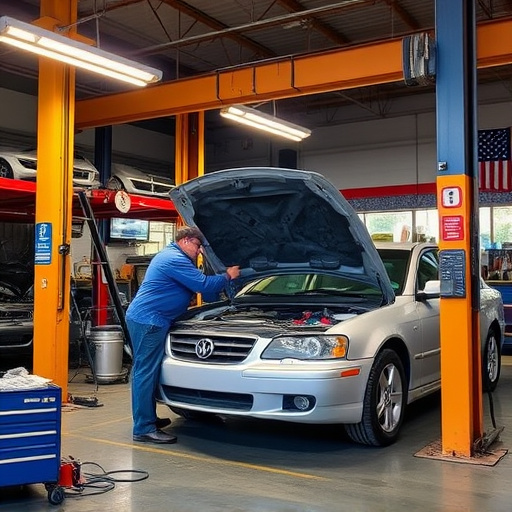
In today’s eco-conscious world, professional auto body shops are adopting green energy and advanced technology to power their operations responsibly. This shift is not just about reducing environmental impact but also about long-term sustainability and cost savings. Many car body shops are transitioning to renewable energy sources like solar panels or wind turbines to meet their electricity needs, significantly lowering carbon emissions. Additionally, efficient lighting systems and smart thermostats further contribute to energy conservation without compromising on performance.
Automotive repair processes have evolved to incorporate cutting-edge technology that streamlines operations and minimises waste. For instance, automated dent repair systems use advanced robotics and computer-aided design (CAD) software to ensure precision and efficiency in fixing car dents, reducing the need for manual labour and materials. These innovations not only make automotive repair more effective but also align with the growing demand for sustainable practices within the professional auto body shop industry.
Eco-friendly practices in a professional auto body shop go beyond aesthetics, contributing to a greener future. By adopting sustainable materials, efficient waste management strategies, and embracing green energy technologies, these shops demonstrate their commitment to environmental responsibility. As consumers become more conscious of ecological issues, professional auto body shops that prioritize eco-conscious solutions will gain a competitive edge while fostering a positive impact on the planet.
